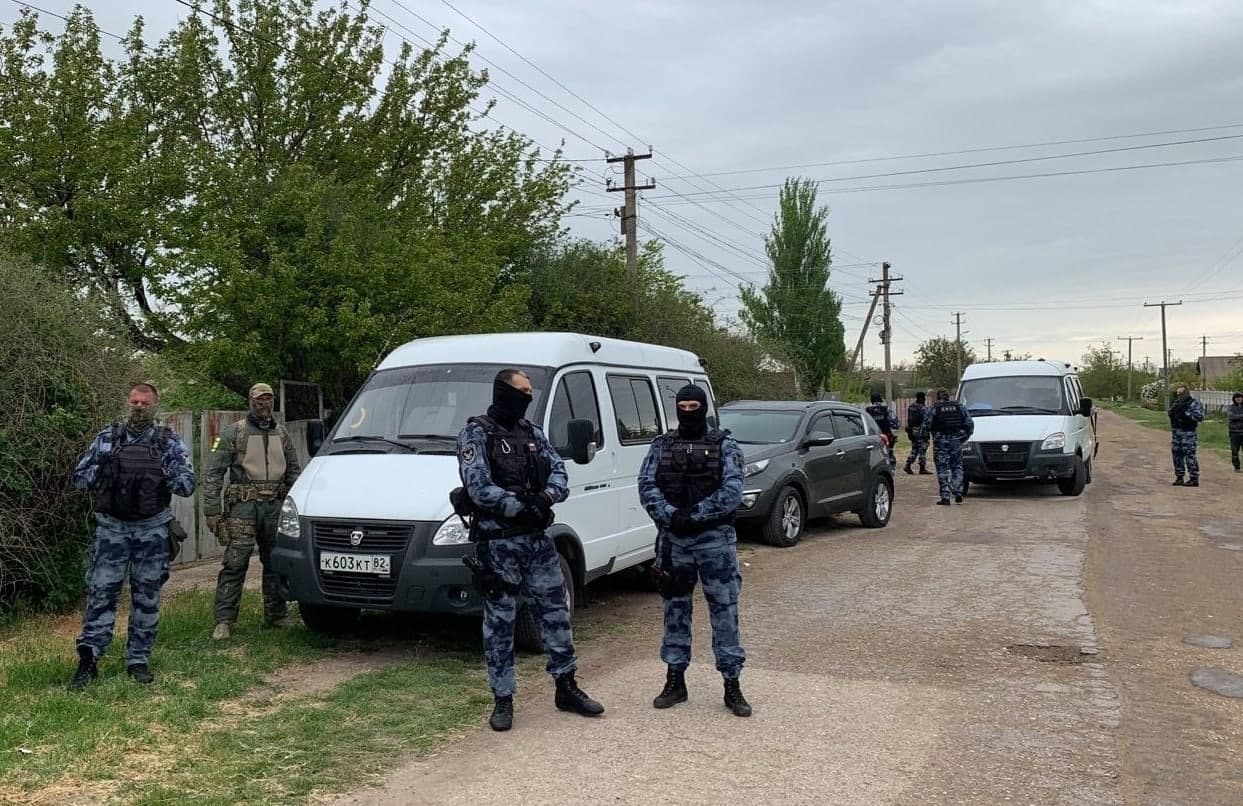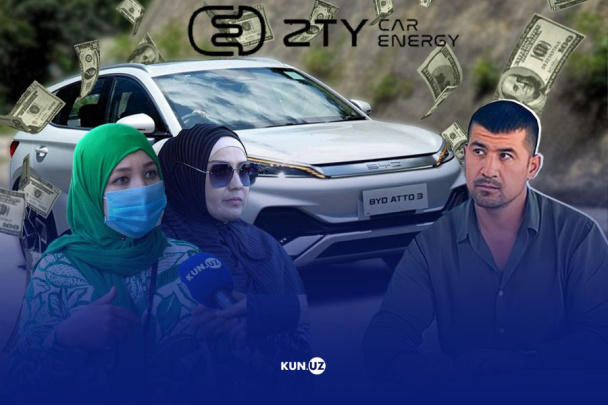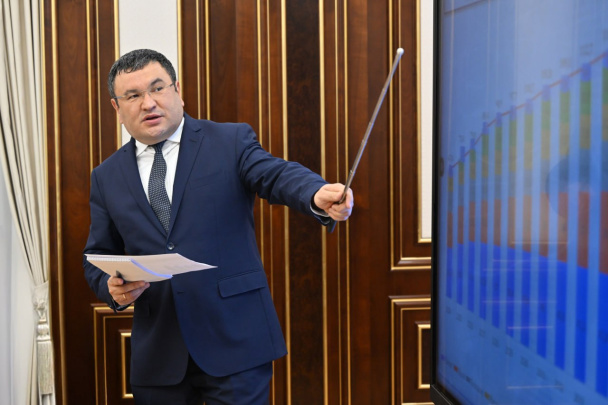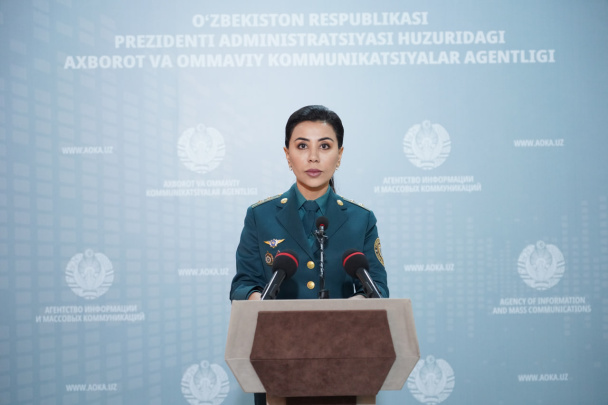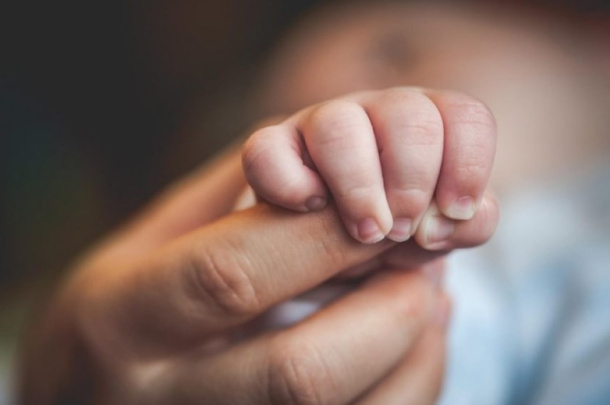Russian security forces have launched an operation to arrest Uzbek political prisoner Nabi (Ayub) Rakhimov in the village of Zavetnoe in the Crimean Sovetsky district. The suspect was killed during the operation, lawyer Islam Velilyayev said.
According to the lawyer, security forces searched the house where Rakhimov’s family lived and took his wife to the migration department. There she was charged with violating the regime of stay in Russia.
“They came in, greeted my mom, and then started asking about my dad. Then they searched the house. They wrote the reason for their arrival at the end of the protocol, read it, but I understood almost nothing. A copy of the protocol was not left. Some people came and saw our passport and told us to go to Sovetsky. They did not explain why. When my mother was taken away, I told her I would go too. My sister was scared,” Rakhimov’s 15-year-old son said.
When officers could not find Rakhimov in the house, they headed for an unfinished house in the village of Dubka, Simferopol district. Neighbors said gunshots and explosions were heard from there. FSB, the Investigative Committee, the Interior Ministry’s Counter-Terrorism Department and OMON vehicles also arrived at the scene. Witnesses later also saw a ceremonial service car.
FSB reported that the suspect performed armed resistance during the arrest. The Crimean prosecutor’s office said it had launched an investigation into the case.
Crimean leader Sergey Aksenov said the deceased was wanted as a member of international terrorist organizations and thanked law enforcement officials who were involved in his assassination.
For information, in 2010 the Samarkand region Department of the National Security Service (current SSS) opened a criminal case against Nabi Rakhimov for involvement in the activities of Hizb ut-Tahrir, and later he was declared wanted.
When Rakhimov was arrested in Moscow in 2013, he hired a lawyer and said that if extradited, he would face politicized persecution and torture in Uzbekistan and inhumane conditions in Moscow. He appealed to the European Court of Human Rights through his lawyers, who upheld his application and ruled that Russia should pay him 17,000 euros in compensation for non-pecuniary damage.

